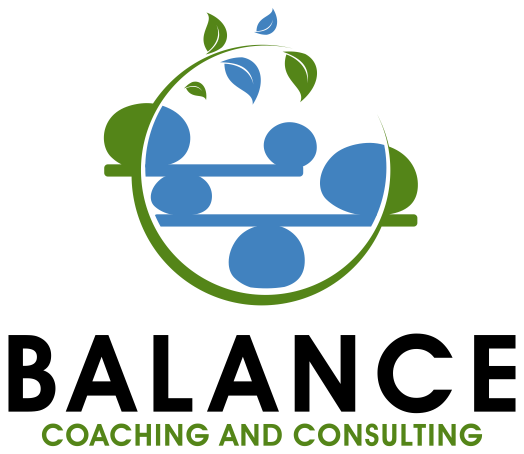Finding Your Balance: A BCBA's Guide to wellness
A BCBA's Guide to Mindfulness, Emotional Intelligence, and Brain Stimulation
Life is all about balance, a principle well understood in the tale of Goldilocks and the Three Bears. Striking the right balance in life, especially for Board Certified Behavior Analysts (BCBAs), is essential. Given the high burnout rates and the constant demands of the job, maintaining equilibrium is more critical than ever. Here are three pivotal skills that can help you maintain balance in your professional and personal life.
Mindfulness: The Cornerstone for Clarity and Planning
You are where your attention is. If you're constantly mired in negative thoughts or worrying about hypothetical scenarios, you're squandering energy that could be better spent elsewhere. Mindfulness teaches you to pay attention to the here and now, providing the clarity needed to plan for the future.
Much like setting up dominoes, the more you practice mindfulness, the better you become at spacing out your life's events for maximum impact. Mindfulness may not give you control over the future, but it does allow you to align your short-term goals with your long-term aspirations effectively. It's particularly useful when considering BCBA jobs outside of Autism or devising a 90-day growth plan for managers.
Make it stand out
Whatever it is, the way you tell your story online can make all the difference.
Emotional Intelligence: Your Key to Motivation and Wellness
Understanding your emotions and those of others is crucial for personal growth and effective communication. We are emotional beings, and the better you grasp your emotional spectrum, the more balanced your decision-making will be.
Emotional intelligence isn't about suppressing feelings; it's about understanding them to make reasoned choices. This skill is especially valuable for those contemplating BCBA executive coaching or a career change within the BCBA field.
Keep Your Brain Stimulated: Nurture Your Well-Being Habits
Your brain needs to be consistently engaged to build neuroplasticity. This means you should be trying new things, breaking old habits, and essentially keeping your brain in a perpetual state of learning. A stagnant mind breeds issues like depression and anxiety; thus, mental stimulation should be part of your well-being habits.
Regular mental exercise will not only help you avoid emotional and cognitive pitfalls but also make your everyday life more exciting. Whether you're guiding BCBA interns or exploring new roles, keeping your brain active is vital for maintaining balance.
Take the Next Step with Balance Lifestyle Coaching
At Balance Lifestyle Coaching, we can help you address what's draining your energy and guide you on a more positive path. Are you ready to invest in yourself and your well-being? Contact us today for an introductory call to learn about how our programs can assist you in becoming the best version of yourself.


